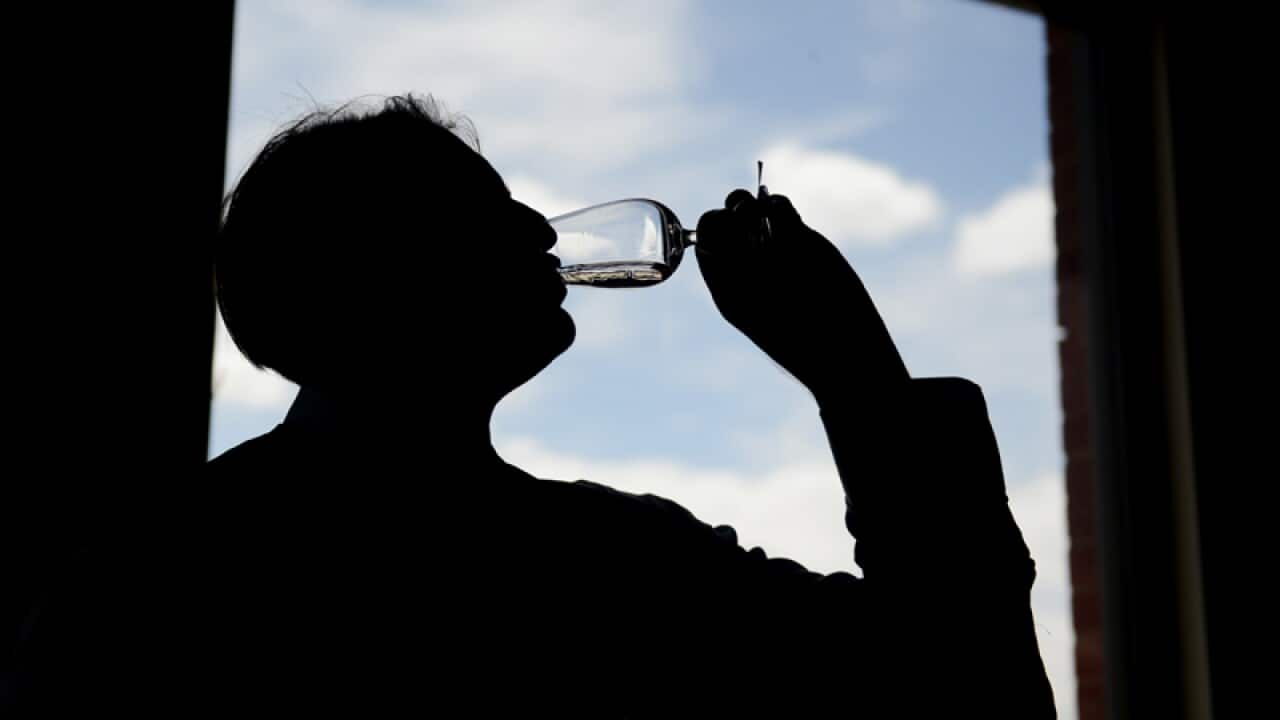Joel Seeto was 18 when he was told his heart was failing.
"Obviously my first reaction was f**king hell, a heart transplant, that's absolutely nuts, I can’t do this, I can’t handle this," he said.
Symptoms from a genetic condition, hypertrophic cardiomyopathy, had been worsening for several years.
Simple activity such as climbing stairs would cause shortness of breath.
Mr Seeto was placed on the organ transplant list, and doctors told him it could be three to six months before a suitable heart became available.
"Every time the phone went off, any time of the day, it didn't matter when it was I was like this is the call, this is the call," he said.
The call eventually came at 6am and within two hours Mr Seeto was in surgery awaiting the lifesaving procedure.
His mother, Liz Seeto, remembers every detail of the ride to the hospital.
"I couldn't remember what was on the radio but I could tell you everything else," she said.
Related Reading:

Iran's commercial organ donation model raises ethical questions
Last year, Australia saw a 16 per cent rise in organ donation, with 1448 lives saved by donors.
But with 1,600 still on the list, many people die waiting.
"People wait a lot longer and they don't even make the wait, so how would that be for the family let alone for the individual?," Liz Seeto said.
But in Australia, religion is often a barrier to organ donation, Helen Opdam, from the Organ and Tissue Authority, told SBS.
"When they're making a decision whether to donate at the time of the death of a loved one, 20 per cent of people decline because of religious reasons," she said.
Each donor can save up to 10 people on the transplant list.
Share




